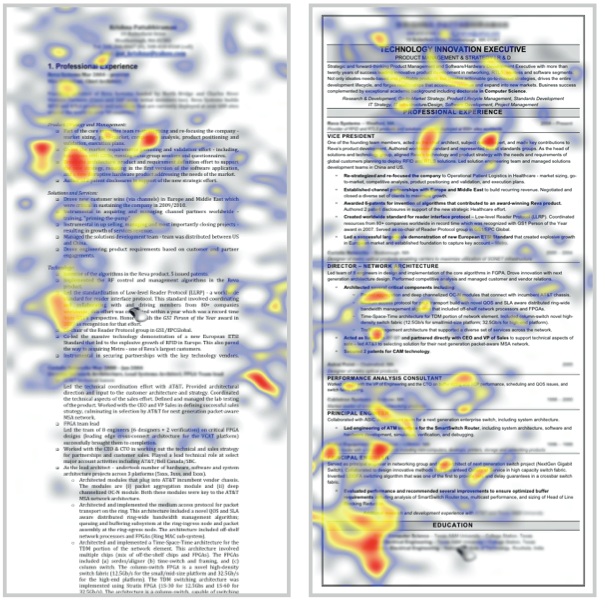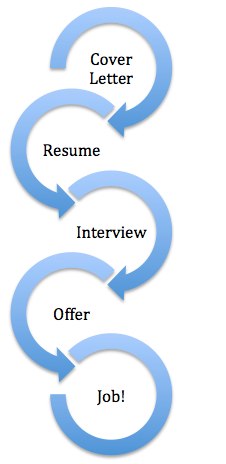You may want to sit down for this one.
If you have earned your Master's in Business Administration, the coveted MBA, don't tell any one. Well, you should tell your friends and family, but no one else.
I told you that you'd want to be sitting.
Yes, after spending thousands of dollars and countless hours working on what might be your proudest achievement, I am suggesting that you keep it a secret.
Now, for starters, let me just say that this applies to the general MBA, and for those whose roles don't need a graduate degree. The operative term being "need".
Yes, it is true that many jobs require an under-graduate degree, and you should tell everyone that asks that you have one.
But consider this. You may be applying for a job where you have more education than the hiring manager. No sense in risking potentially one-upping the person that can say yes, or no, to you.
If you went to graduate school to earn your MBA, you should have walked away with some great knowledge, some practical skills that should make you stand out as an employee. Use those skills to earn your worth.
An MBA is your chance to show, rather than tell, your prospective boss that you have the skills they need.
The piece of paper that says "MBA" isn't worth as much as the education. Resist telling everyone you have your MBA and wow them with your skills. When you hit a home run at work, and someone asks how you did it. Then tell them that it was something you picked up in school.






 Your resume has one job: to get you an interview.
This is why you don't need an objective on your resume. Your objective is to get an interview.
Your resume has one job: to get you an interview.
This is why you don't need an objective on your resume. Your objective is to get an interview.

 A resume by any other name is still a resume. Even if it's the dreaded résumé or, worse, resumé. I'd rather you call it a curriculum vitae, even though 99.99% of curriculum vitaes are really just resumes.
So, what's the correct way to spell it?
A resume by any other name is still a resume. Even if it's the dreaded résumé or, worse, resumé. I'd rather you call it a curriculum vitae, even though 99.99% of curriculum vitaes are really just resumes.
So, what's the correct way to spell it?




A job fair can be an effective way to meet hiring managers and recruiters in your community and learn about many job opportunities in one day. If you are prepared and use your time wisely, you can walk away with many strong job leads. Many job seekers make careless mistakes that can hurt their chances of success at a job fair. Here are 16 simple tips to make your next job fair a success.